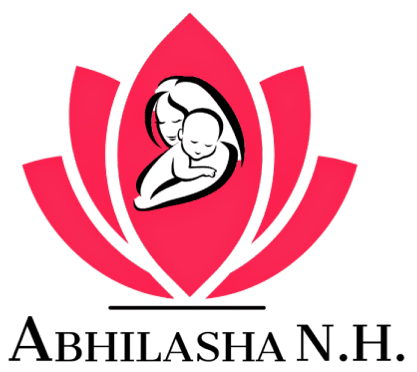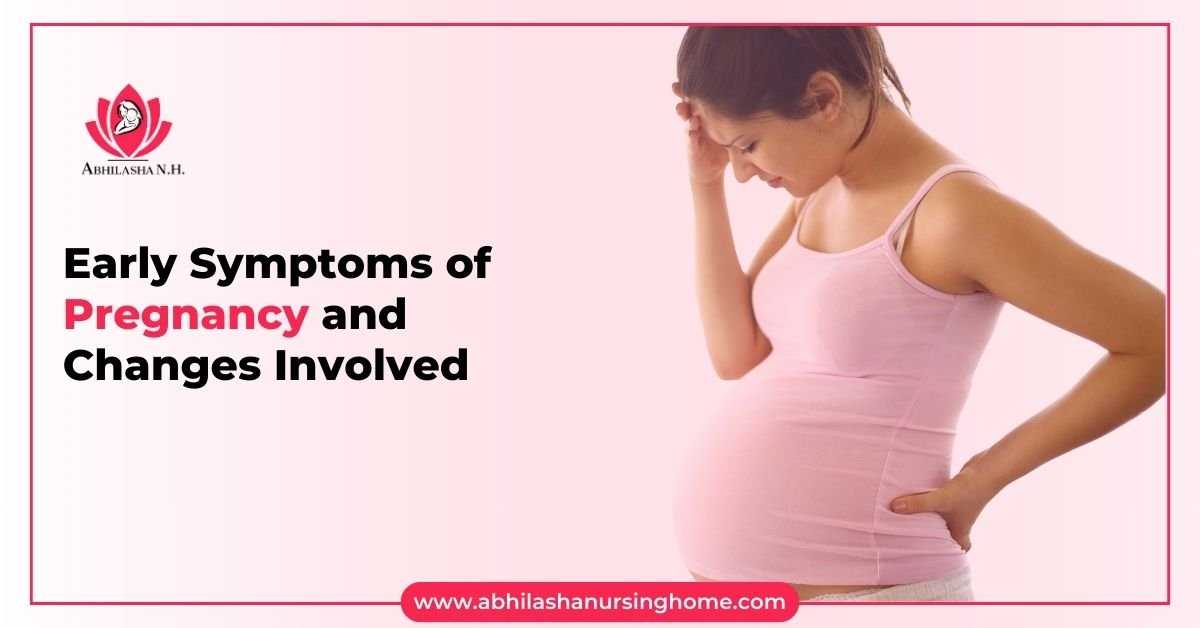Pregnancy is an exciting journey, but it also brings significant changes to a woman’s body. The early symptoms can be subtle and might go unnoticed but recognizing them can help expectant mothers better prepare for the journey ahead. These early signs stem from hormonal changes and physical adjustments necessary to nurture a growing fetus. Let’s explore some of the early symptoms of pregnancy and the changes involved.
Physical Changes During Early Pregnancy
Missed Menstrual Cycle
One of the most obvious and early signs of pregnancy is a missed menstrual period. When conception occurs, the body begins producing higher levels of the hormone human chorionic gonadotropin (hCG), which helps maintain pregnancy. This rise in hCG signals the ovaries to stop releasing eggs, thus causing a missed period. However, not every missed cycle guarantees pregnancy, so it’s essential to confirm with a test.
Nausea and Vomiting
Commonly referred to as morning sickness, nausea and vomiting are typical early symptoms of pregnancy. These symptoms can occur at any time of the day and are caused by the increased levels of hormones, particularly hCG and estrogen. The exact reason for morning sickness is not fully understood, but it’s believed to be the body’s response to rapid hormonal changes. Most women experience these symptoms in the first trimester, though it can extend further in some cases.
Fatigue with No Reason
Unexplained fatigue is another hallmark of early pregnancy. The body is working overtime to support the development of the baby, and this increased workload, combined with rising progesterone levels, can lead to extreme tiredness. The heart rate also increases to pump more blood, which further contributes to fatigue. Rest and proper nutrition are crucial during this time to manage energy levels.
Breast Tenderness
Breast tenderness or swelling is often one of the earliest signs of pregnancy. Hormonal changes prepare the body for breastfeeding, leading to increased sensitivity and fullness in the breasts. Some women may also notice that their areolas (the area around the nipples) darken as a part of these early changes. Wearing a comfortable, supportive bra can help alleviate some of the discomfort.
Frequent Urination
The need to urinate more frequently is another symptom women experience early in pregnancy. The expanding uterus puts pressure on the bladder, leading to more frequent bathroom trips. Additionally, hormonal changes cause an increase in blood flow to the kidneys, which speeds up the body’s waste elimination process. While this can be inconvenient, it’s a normal part of pregnancy.
Food Cravings
Food cravings and aversions often make their appearance in early pregnancy. Women might find themselves craving certain foods or, conversely, feeling nauseated by others. These cravings are believed to be linked to the body’s changing nutritional needs and fluctuating hormone levels. While it’s essential to maintain a balanced diet, giving in to occasional cravings can be part of the pregnancy experience.
Physiological Changes in Early Pregnancy
Fluctuations in Hormone Levels
During early pregnancy, hormone levels fluctuate dramatically, affecting nearly every system in the body. Progesterone and estrogen levels rise to support fetal development and prepare the body for childbirth. These hormonal changes contribute to many of the early symptoms of pregnancy, including fatigue, nausea, and mood swings. Monitoring hormone levels is crucial, as imbalances can sometimes indicate complications.
Increased Basal Body Temperature
Many women notice a slight rise in basal body temperature (BBT) in the early stages of pregnancy. BBT is the body’s resting temperature, and it typically rises after ovulation and stays elevated if conception has occurred. This increase is due to heightened progesterone levels, which help maintain the pregnancy. A consistently higher BBT is often one of the earliest signs of pregnancy for women tracking their cycles.
Mood Swings
Mood swings are a common part of early pregnancy, fueled by hormonal fluctuations. Pregnant women may experience a rollercoaster of emotions, ranging from happiness and excitement to anxiety or irritability. These mood changes are entirely normal and often stabilize as the body adjusts to the new hormone levels. Open communication with loved ones can provide emotional support during this time.
Bloating, Heartburn, and Indigestion
Hormonal changes can slow down digestion, leading to bloating, heartburn, and indigestion. Increased progesterone relaxes the muscles in the digestive tract, allowing stomach acid to rise into the esophagus, causing discomfort. These symptoms can be managed by eating smaller meals, avoiding spicy foods, and staying upright after eating to ease digestion.
Light Spotting and Cramping
Light spotting and cramping, known as implantation bleeding, can occur as the fertilized egg attaches to the lining of the uterus. This spotting is usually lighter than a regular period and may be accompanied by mild cramps. While spotting can be a normal part of early pregnancy, it’s essential to monitor the amount and consult a healthcare provider if it becomes heavy or is accompanied by severe pain.
Conclusion
The early stages of pregnancy bring about many physical and physiological changes, each signifying the incredible transformation a woman’s body undergoes to support new life. By understanding and recognizing these symptoms, women can seek appropriate care and support, ensuring a healthy and smooth pregnancy journey.

